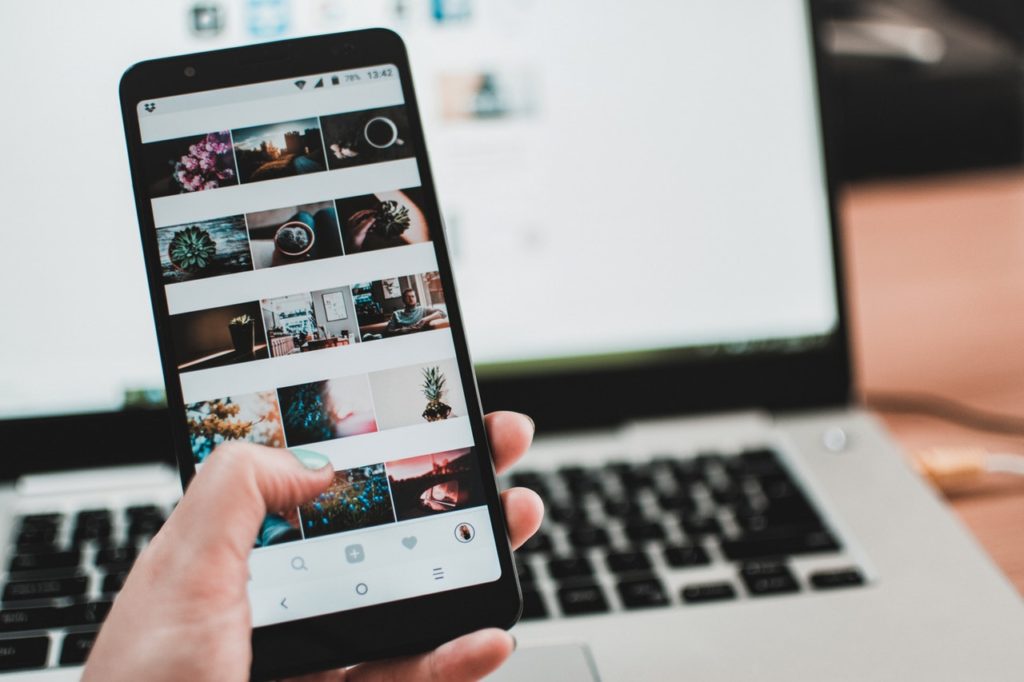Smartphones and the internet are very useful tools – for the majority of people, most of the time.
Being plugged in and available at all times can also have negative impacts on our daily life, but even though our logical side knows this, the fear of missing out (FOMO) is hard to push aside. Most of us are expected to be plugged in all the time for our jobs, our friends, or to keep up appearances online.
If we don’t check that email right as it arrives in our mailbox, we might miss out on signing up for work shifts or chaperoning our children’s field trips. If we don’t see the facebook birthday party invitation or our friend’s social media post asking for others to join their hike on one of the beautiful trails that Denver has to offer, we might miss out on a good time with friends.
If we don’t show presence by “liking” enough pictures on Instagram or retweeting what others are sharing, we might be forgotten about by our friends when it is time to get together for another fun filled night out that leads to more pictures uploaded on social media to share just how happy our lives are.
Social Media Addiction
Psychologists estimate that 5-10% of Americans meet the criteria for social media addiction today. Social media addiction is a behavioral addiction that is characterized as being overly concerned about social media, driven by an uncontrollable urge to log on to or use one of the many different options, and devoting so much time and effort to social media that it impairs other important life areas.
Neuroscientists are studying the effects of social media on the brain and finding that positive interactions (such as someone liking your tweet or rewarding your facebook post with a little heart symbol) trigger the same kind of chemical reaction that is caused by gambling and recreational drugs.
Trevor Haynes, a researcher at Harvard University, wrote an article on this topic. According to his research, when you get a social media notification, your brain sends a chemical messenger called dopamine along a reward pathway, which makes you feel good. Dopamine is also associated with food you enjoy, exercise, love, sex, gambling and drugs. And now, social media.
Brain scans of social media addicts are similar to those of drug-dependent brains: There is a clear change in the regions of the brain that control emotions, attention and decision making.
Excessive social media use can not only cause unhappiness and a general dissatisfaction with life in users, but also increase the risk of developing mental health issues such as anxiety and depression. Constantly comparing oneself to others can lead to feelings of self-consciousness or a need for perfectionism and order, which often manifests itself into social anxiety disorder.
What are the signs that you or someone you know is addicted to social media?
- Decreasing interest in offline activities
- Irritability or frustration when not able to be online
- Unsuccessfully trying to “give up” or reduce the use of social media
- Using social media to forget about personal problems
- Negative impact on your job, studies or your relationships due to excessive use of social media
- Poor hygiene
- Dangerous behavior when out in public, such as distracted driving, unsafe walking or biking
A Social Media Addict Speaks Out
Abby Jones is a 12 year old teenager from Denver who realized that she might be addicted to social media and gave a powerful speech at the TEDxCherryCreekWomen event in December 2018. Her brave outing went viral and inspired many of the kids and adults that watched her open up to the world to decrease the time they spend on social media or even give it up completely. Abby describes in her TED talk how giving up her phone involuntarily for one month made her feel anxious and judged at first – but then she felt free and like a weight had been lifted.
What can you do if you are addicted to social media?
A “digital detox” would be beneficial. This is a strategy to force you to reduce the amount of time spent on social media, which can be achieved through a few basic steps such as turning off the sound function on your phone, only allowing yourself to check your phone every hour or so, and dedicating periods in the day as self-imposed no-screen time.
However, if the addiction is too severe and not manageable, it is best to seek out professional help. Counseling can help you determine if social media is a problem for you, and learn how to manage it.

